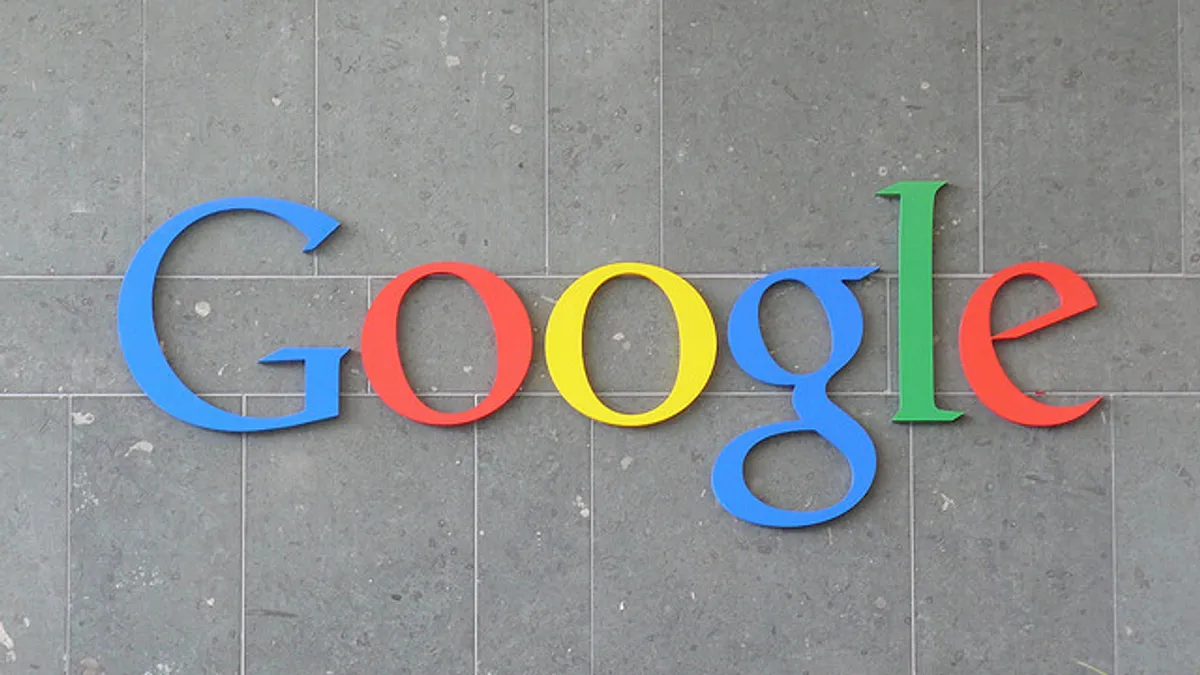Dive Brief:
- Google announced in a blog post that it is making Accelerated Mobile Pages (AMP) part of organic mobile search results.
- Google VP of Engineering David Besbris told Search Engine Land that AMP pages won’t get preferential ranking treatment in search, but load time and page speed are both factors that influence mobile search rankings. AMP pages load 85% faster than standard mobile pages, according to Google.
- For users, search results for AMP project pages will be identified with a lightning bolt logo. The company has launched a preview for developers with plans to extend the roll-out to all Google pages in the near future.
Dive Insight:
Launched in February, Google’s Accelerated Mobile Pages (AMP) project is the tech giant's open-source answer to Facebook Instant Articles and Apple News. The open source project offers publishers and brands a way to reach a mobile audience through their own URLs, unlike Facebook or Apple, which require mobile pages to become part of a walled garden. The project has the advantage of giving publishers full control over how their content is presented, while also allowing publishers to fully own advertising on their AMP content.
“Less than six months ago, we started sending people to AMP pages in the “Top stories” section of the Google Search Results page on mobile phones," Nick Zukoski, software engineer at Google, wrote in the blog post. "Since then, we’ve seen incredible global adoption of AMP that has gone beyond the news industry to include e-commerce, entertainment, travel, recipe sites and so on. To date we have more than 150 million AMP docs in our index, with over 4 million new ones being added every week. As a result, today we’re sharing an early preview of our expanded AMP support across the entire search results page--not just the “Top stories” section.”
Google announced last month that it is expanding the AMP project to include ads and landing pages. The addition of AMP pages to organic mobile search is driven by the desire to improve the user experience, according to Zukoski, not about changing Google’s mobile search rankings.














